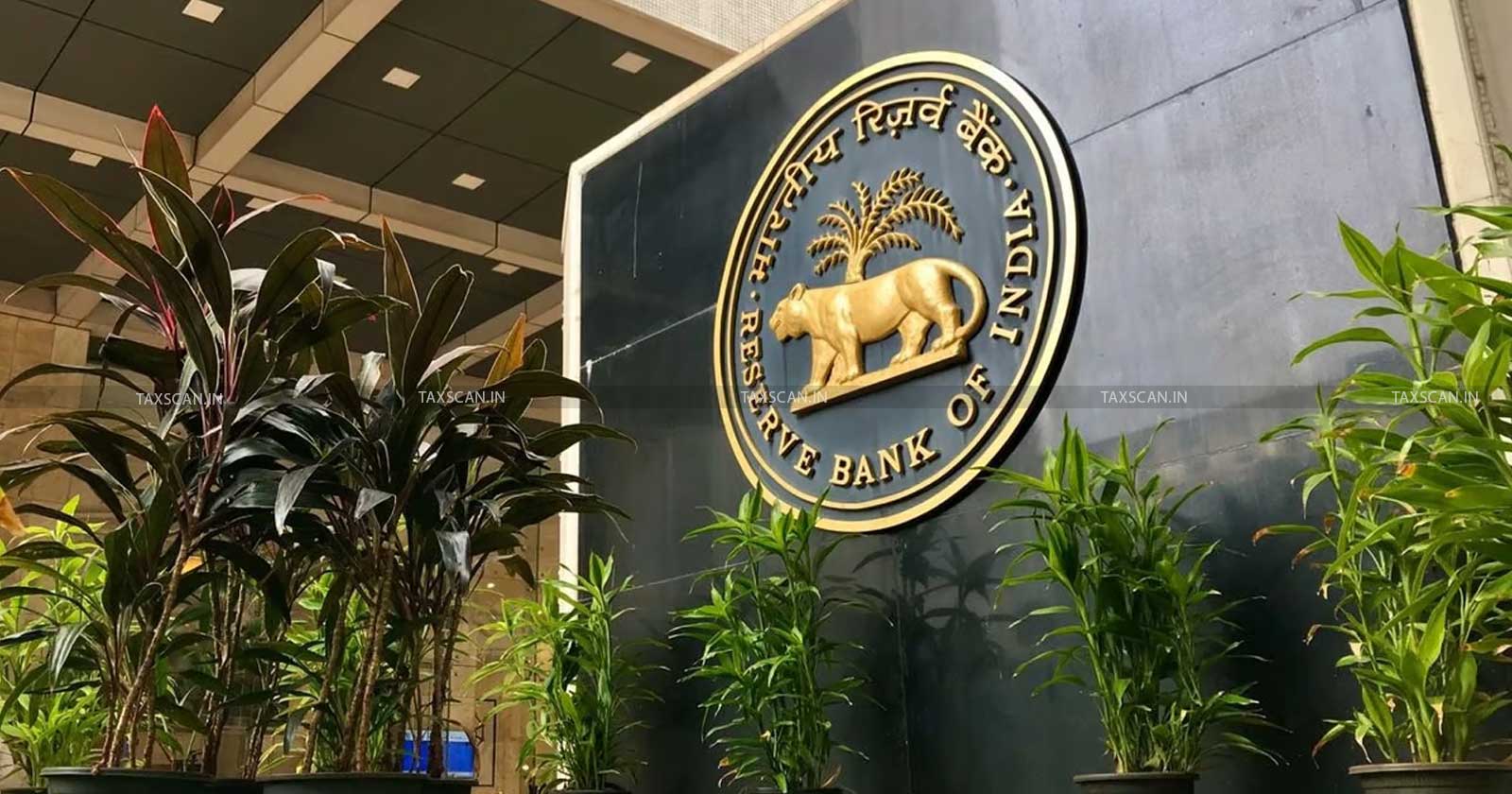Restriction on Disbursements of Loans in Cash: RBI directs NBFCs to Limit Loan Amount to Rs. 20,000
RBI Tightens the Screws on NBFC Cash Disbursals

Restriction – Disbursements of Loans – Cash – RBI – NBFCs to Limit Loan Amount – taxscan
Restriction – Disbursements of Loans – Cash – RBI – NBFCs to Limit Loan Amount – taxscan
The Reserve Bank of India ( RBI ), India's central bank, is taking a stricter stance on cash transactions involving Non-Banking Financial Companies (NBFCs). In a recent move, the RBI reportedly directed NBFCs to strictly adhere to the cash disbursement limits set by the Income Tax Act, 1961. This effectively places a cap of ₹20,000/- on cash loans disbursed by NBFCs.
This directive, first reported by Reuters, aims to curb the use of cash in financial transactions. The RBI reportedly issued a letter to NBFCs, specifically mentioning gold loan companies like Muthoot Finance and Manappuram Finance.
The letter cites Section 269SS of the Income Tax Act, which prohibits individuals from receiving cash loans exceeding ₹20,000/-. Consequently, the RBI instructed NBFCs to comply with this regulation and refrain from disbursing loans in cash beyond the stipulated limit.
This action by the RBI follows enforcement measures taken against IIFL Finance earlier this year. The RBI reportedly found IIFL Finance to be in violation of several regulations, including exceeding the cash disbursement limit for loans, particularly in their gold loan portfolio. As a consequence, the RBI had ordered IIFL Finance to halt sanctioning, disbursing, and selling new gold loans in March 2024, citing "material supervisory concerns".
Analysts believe the RBI's recent directive and its action against IIFL Finance signal a broader crackdown on non-compliant cash transactions within the NBFC sector. This move is likely motivated by several factors.
Firstly, promoting digital transactions aligns with the Indian government's push for a cashless economy. Secondly, reducing cash transactions can help curb money laundering and other financial crimes. Additionally, strict adherence to regulations fosters a more transparent and accountable financial system.
The impact of the RBI's directive on NBFCs, particularly those heavily reliant on cash disbursements, remains to be seen. Some companies may need to adjust their lending practices to comply with the ₹20,000 cash limit.
This could involve encouraging borrowers to shift towards digital loan disbursal methods. However, this transition might pose challenges, especially for borrowers in rural areas with limited access to digital infrastructure.
While NBFCs may face initial hurdles in adapting to the new regulations, the long-term benefits of a cashless economy could outweigh those challenges.
Support our journalism by subscribing to Taxscan premium. Follow us on Telegram for quick updates


